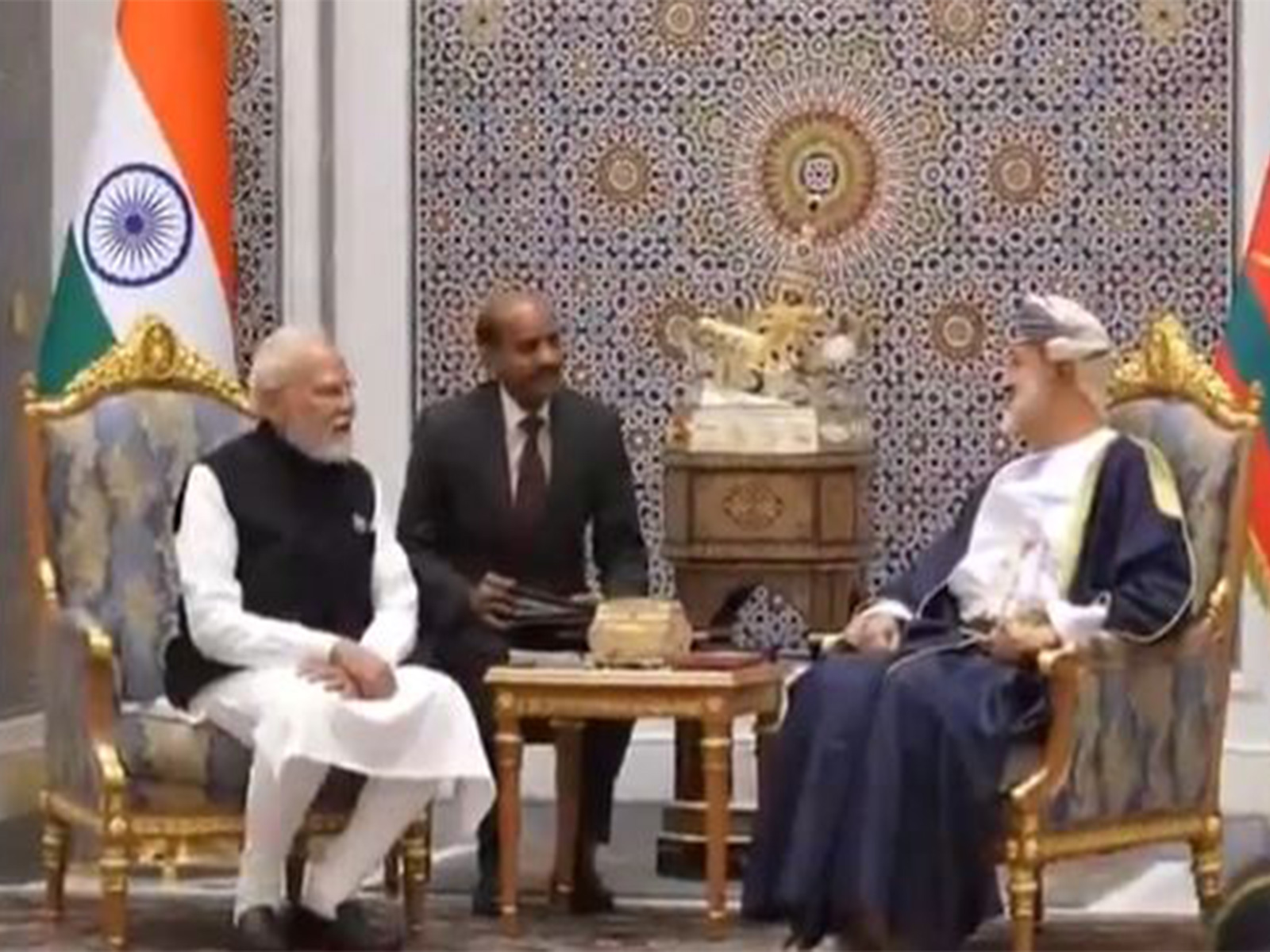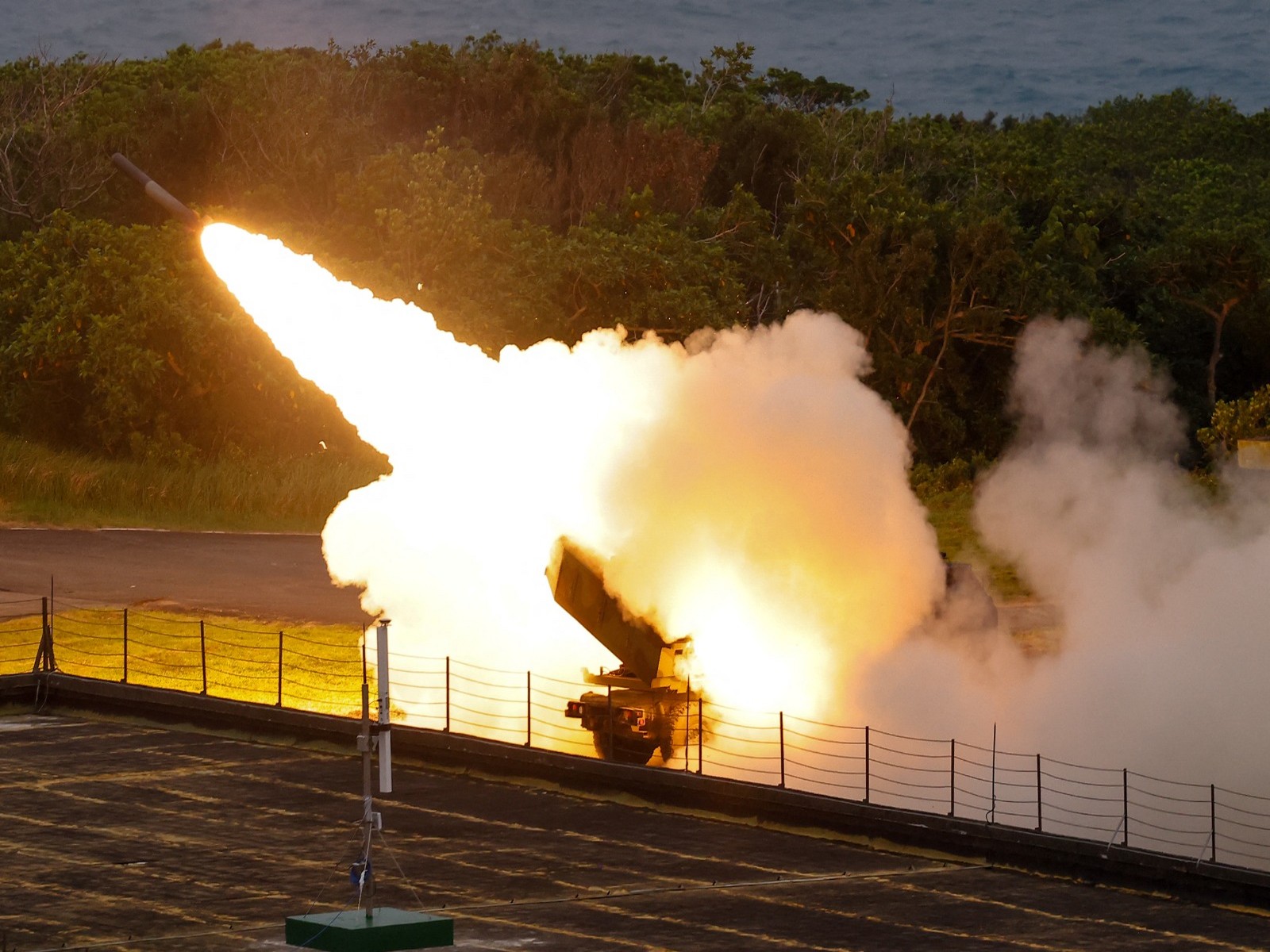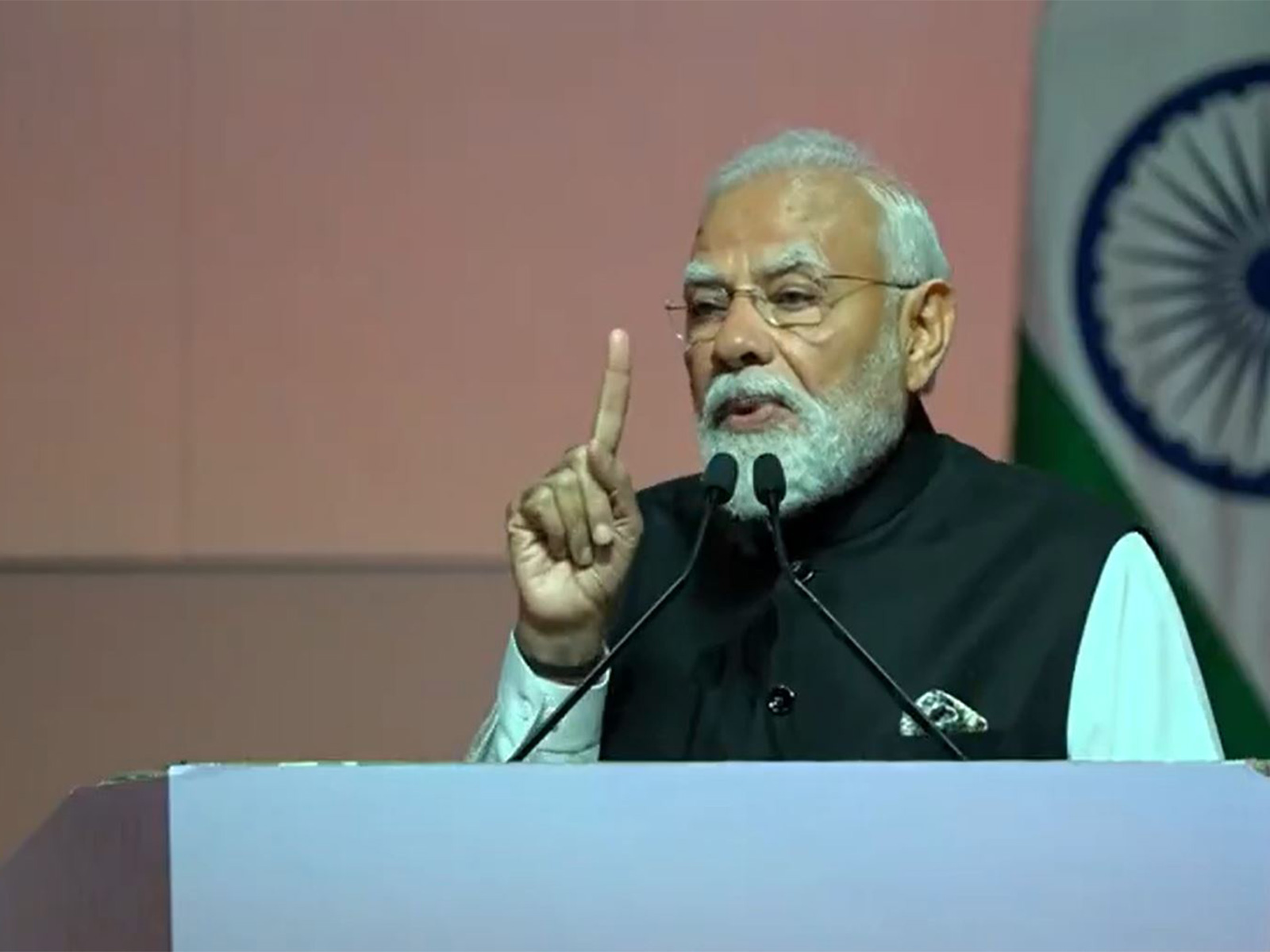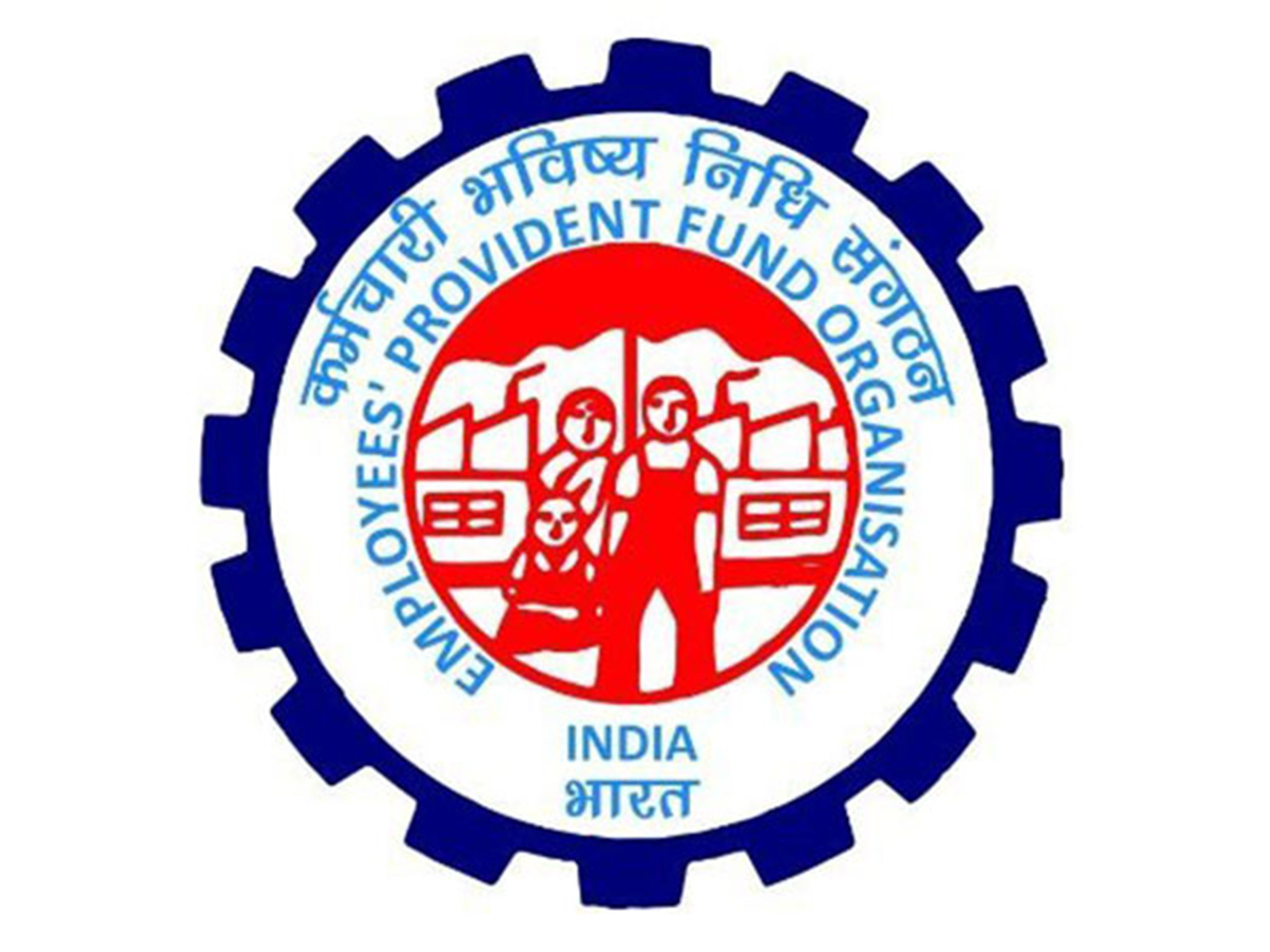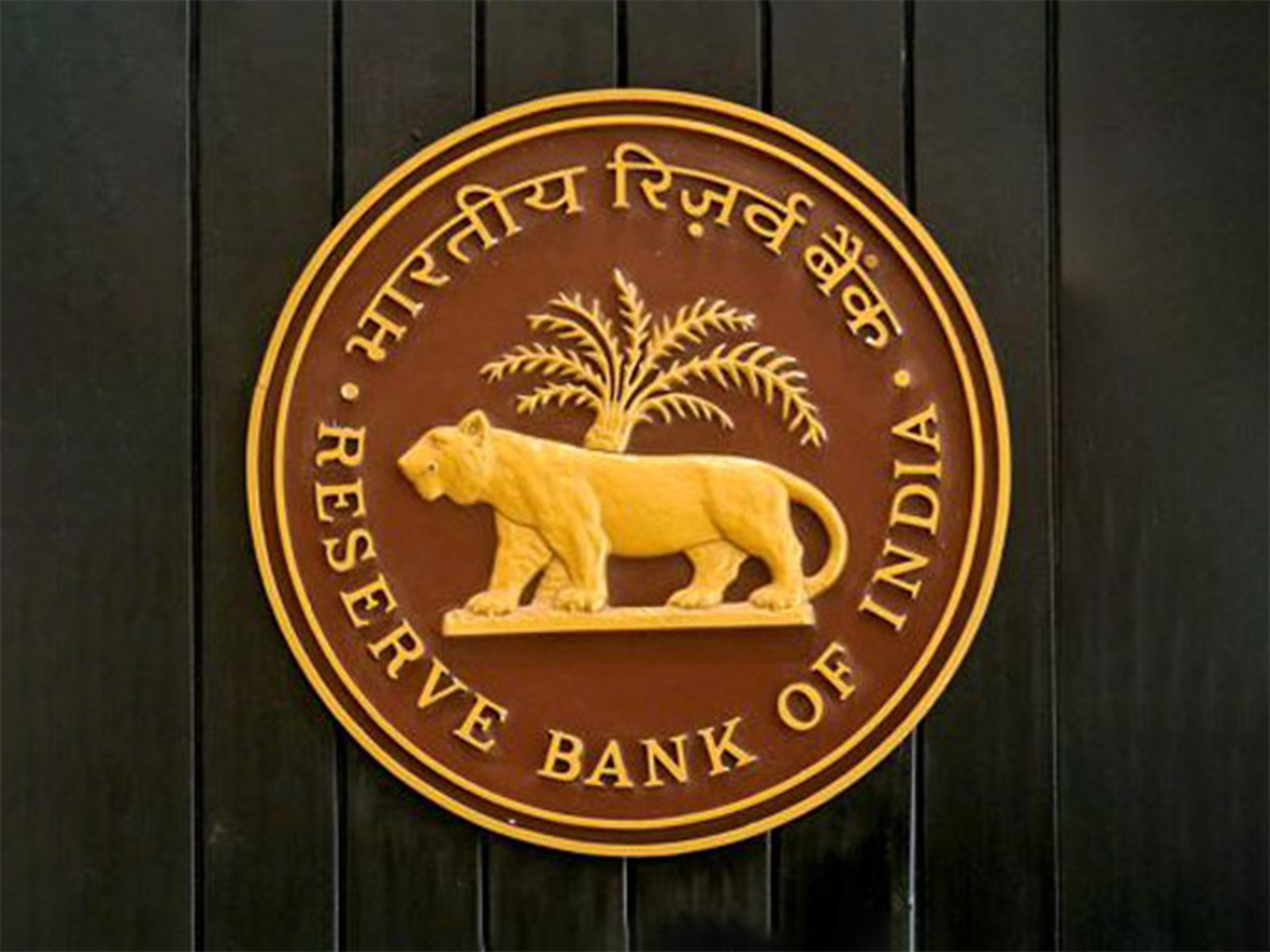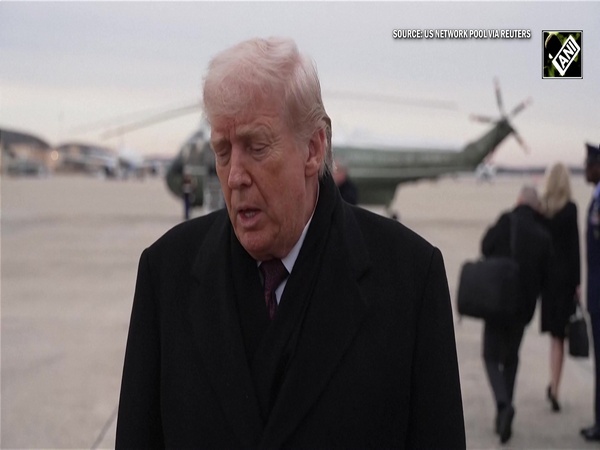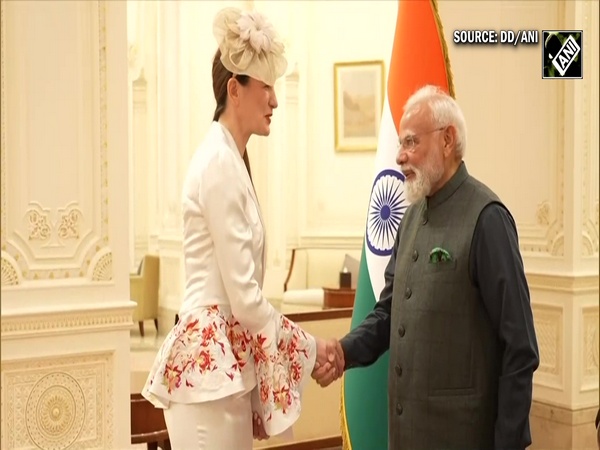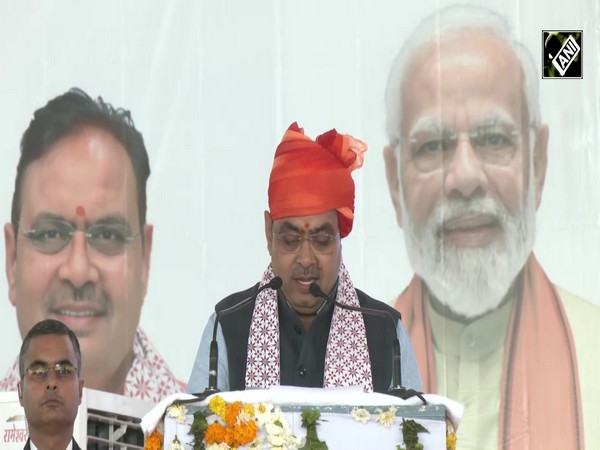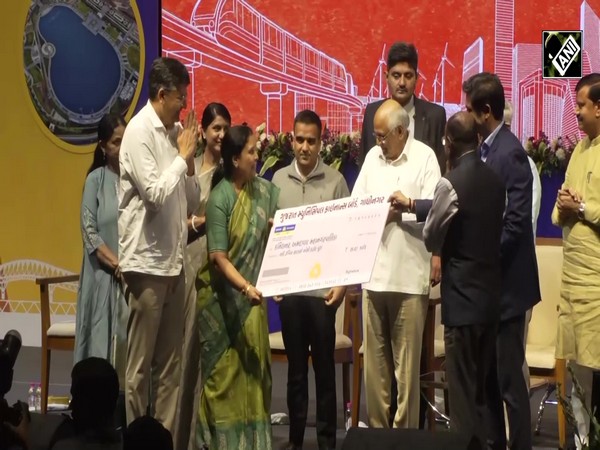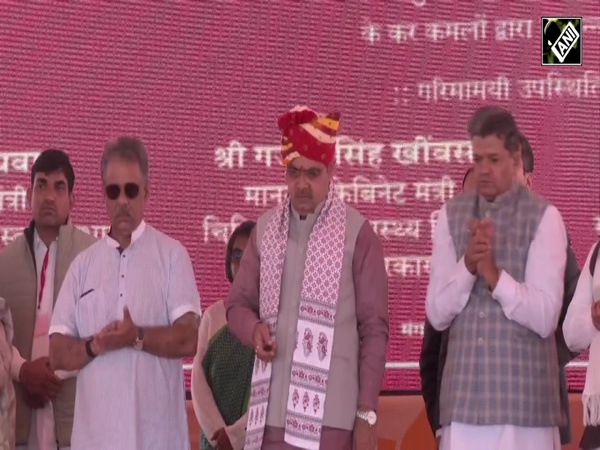Is China a Fourth Party to Jammu and Kashmir dispute?
Oct 29, 2020

By Dr Shabir Choudhry
London [UK], October 29 : Up till October 26, 1947, Jammu and Kashmir was one political entity. After that, Jammu and Kashmir's sovereignty was compromised because a Muslim neighbour, Pakistan, despite the Standstill Agreement, attacked Jammu and Kashmir to occupy it.
The turmoil and the desperate situation created by Pakistan forced the Maharaja of Jammu and Kashmir to accede to India on three subjects, namely Defence, Foreign Affairs and Communication.
In reality, after the accession on these Subjects, the issue was between the people of Jammu and Kashmir and India; and Pakistan was not even a party to this. However, Pakistan became a party when the Security Council demanded to know what the country had to say on very serious charges of aggression, killings, abductions, looting and arson in Jammu and Kashmir; and that Pakistan must stop its aggression and human rights violations.
In other words, Pakistan did not become a party to the Jammu and Kashmir dispute because of any legal right or a title, but because of the occupation of certain parts of Jammu and Kashmir.
Although Pakistan was perceived as an 'aggressor' in Jammu and Kashmir, hence the demand of the UN Security Council of 13 August 1948, that Pakistan must vacate all areas occupied by them in their aggression; however, it seems that Pakistani aggression was rewarded as the country refused to withdraw, and still has strong hold on areas they occupied.
Although we people of Jammu and Kashmir claim that we are the principal party to the dispute, and that we should have the final say on the future of the State, however, gradually the will and interests of the people of Jammu and Kashmir were pushed on one side, and 'national interests' of India and Pakistan became dominant in discussions on future of the divided State. Sadly, no leader of Jammu and Kashmir was allowed to be part of any discussions on Jammu and Kashmir.
This means, in theory there are three parties to the Jammu and Kashmir dispute, but in practise, India and Pakistan are the parties which take decisions on various matters related to the Jammu and Kashmir dispute; and even about our lives, wars and future of the divided State.
Even when China occupied Aksai Chin in 1962, China was not taken as another party to the Jammu and Kashmir dispute. That is why, when Pakistan gifted around 5,000 KM from Shaksgam Valley, Gilgit, to China, they had a treaty on this. Article 6 of The boundary agreement between china and Pakistan of 1963 says:
'The two Parties have agreed that after the settlement of the Kashmir dispute between Pakistan and India, the sovereign authority concerned will reopen negotiations with the Government of the People's Republic of China, on the boundary as described in Article Two of the present Agreement, so as to sign a formal Boundary Treaty to replace the present agreement: Provided that in the event of that sovereign authority being Pakistan, the provisions of this agreement and the aforesaid Protocol shall be maintained in the formal Boundary Treaty to be signed between the People's Republic of China and Pakistan'.
After this gift and many more concessions in Gilgit Baltistan, China started supporting Pakistani narrative on Jammu and Kashmir, wrong as it was. Because of a long proxy war in Jammu and Kashmir, and other serious terrorism related matters, Pakistan faced many problems at the international level, and the Chinese help was always there to save Pakistan.
Pakistan provided safe havens to terrorists; and China provided safe haven to Pakistani policy whenever it was in hot water. This partnership is getting stronger and more troublesome for neighbours, and even some other countries in other regions.
During the military rule of General Musharaf, Pakistan was under tremendous pressure, and as a result Musharaf Government made a number of somersaults on the Jammu and Kashmir dispute.
General Musharaf assured the Pakistani army, the people of Pakistan, and of course their followers in Jammu and Kashmir that Pakistani army was invincible, and could easily defeat any military adventure from India.
However, General Musharaf and the top military brass knew the bitter reality that they could not hold on to the Indian attack in a conventional war for more than 4-5 days. Their strategy for that was to use nuclear bombs, which are for deterrent and not to be used in the battlefield, unless they wanted unexplainable mutual destruction.
The Musharaf regime and those who followed him (Zardari government and Sharif government) actively pursued their policy of upgrading their missile system and nuclear bombs. They succumbed to Beijing for more and more economic and military assistance. A number of mineral rich areas were leased to China, and China was allowed to complete mega projects in Pakistan, and in areas of Jammu and Kashmir under their control.
Later on, the China Pakistan Economic Corridor made Pakistan almost a client state of Pakistan, which allowed China to call shots in economic, strategic, defence and international issues.
China helped and supported Pakistan at international level; and with time Pakistan became more subservient and compliant. Pakistan's role was not appreciated by many countries. This role of a client state did not suit a country with a very large army and nuclear weapons and sophisticated delivery system.
Many experts believe that there is an agreement between Beijing and Islamabad that in case of a full scale war with India, defence of Gilgit Baltistan, so called Azad Kashmir and Gwadar will be in hands of China.
Apart from that, Pakistan and China have agreed that in the final disposition of the Jammu and Kashmir dispute, China will also be a party, as Beijing has huge economic, strategic and defence interests associated with these areas.
With China being a fourth party to the Jammu and Kashmir dispute will become unresolvable, resulting in more problems for the citizens of Jammu and Kashmir and the region.
It is sad to note that even after 73 years, some citizens of Jammu and Kashmir do not understand that Pakistan has their own interests, and liberty and welfare of the people of Jammu and Kashmir is not their priority. They fail to understand that a country which tramples democratic values and does not respect human rights of Pakistani citizens, cannot give fundamental rights to territories that are not legally part of Pakistan.
In future China will become more aggressive, and will pursue its economic, military and strategic agenda more forcefully. This means more tension and instability in South Asia, East China Sea, South China Sea and possibly in the Middle East and Balkans.
(Writer is a renowned writer and author from Pakistan occupied Kashmir. He is also President, Foreign Affairs Committee of United Kashmir People's National Party (UKPNP); and Chairman South Asia Watch, London).

